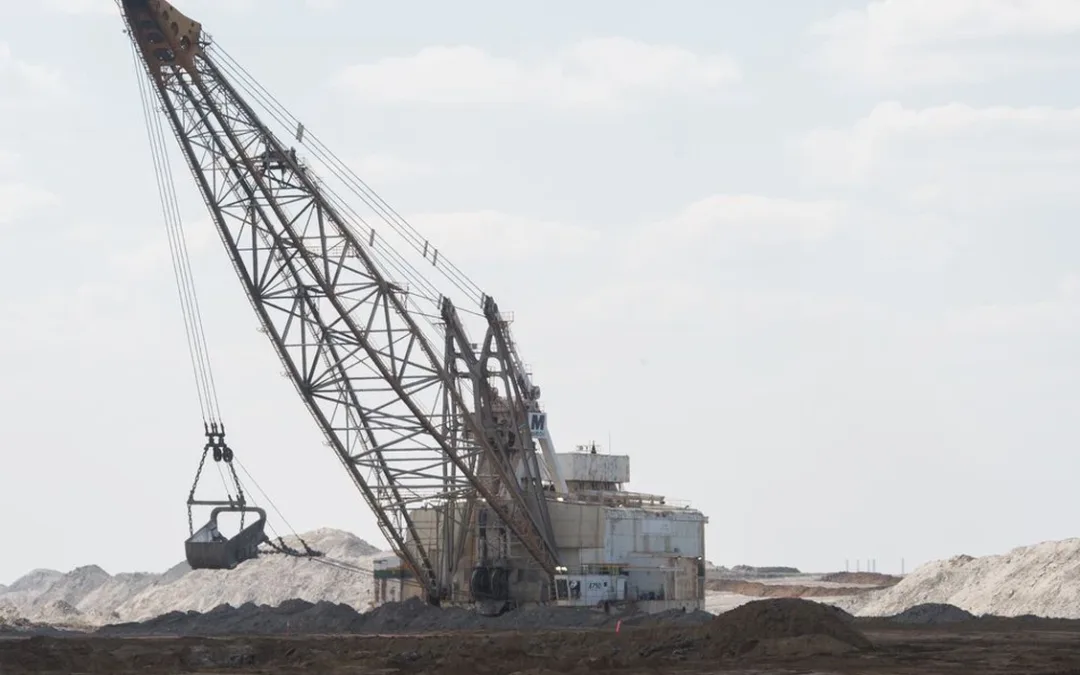The city has signed a MOU to study if the area can support a new coal processing facility and modular potash mining.
As part of southeast Saskatchewan’s move away from burning coal, Estevan is looking to a new partnership struck with a nearby First Nation and a veteran geologist to help keep jobs and money in the area.
The city has signed a memorandum of understanding with Ocean Man First Nation and Buffalo Potash Corporation to study how and if it can bring modular potash mines to the area and a processing facility that wouldn’t burn coal, but would still use it to create fuel.
Ocean Man sits about 100 kilometres north of Estevan. Buffalo Potash Corp., founded in 2018, is headed by long-time geology consultant and potash expert Stephen (Steve) Halabura; some of his past work includes pinpointing underground potash reserves in the province and helping BHP Billiton set up its mining sites.
Estevan’s nearby Shand Power Station, built in 1992, burns coal to produce approximately 276 megawatts of electricity. The federal government has ordered all coal-fired power plants in the country to be shut down by 2030.
As Halabura explains it, the intent of the new facility would be polygeneration — “using one or two or three raw components. You take them apart and you combine them” into fuel products that can be sold on the market.
Instead of burning coal, for example, he described a process of taking it apart and combining it with potash, natural gas or underground brine to “create synthetic fuel” or “you can make a clean hydrogen fuel.”
The process would also allow for more customizable fertilizers, by adding nitrogen and sulphur to potash mined underground at modular sites, Halabura said, figuring that would open a wider market to farmers looking for a specific fertilizer formula.
“(Estevan) is kind of the hub of a variety of different things that come out of the ground,” he said.
Estevan city manager Jeff Ward didn’t specify potential locations for such a building, nor how much money the city is paying Buffalo Potash Corp.
He said the city is trying to “finalize resource allocation and land” to get closer to finishing the project.
Estevan is using some of “the provincial funding that was allocated for coal transition funding” — a $10-million pot announced in the fall 2019 throne speech — for its feasibility study, Ward said.
In terms of jobs, the city wants to retain as many as possible from the shutdown of burning coal. A news release from the city said the project “may provide hundreds of jobs.”
Ocean Man First Nation Chief Connie Big Eagle said her community’s goal is to create jobs for its members and neighbours. The southeast job market is “limited” for young Indigenous people, she said. “There should be more options out there.”
She hopes her community’s young people would use such a facility to begin their careers and grow them into management positions.
Ocean Man is “still exploring” if it will use or contribute any of its treaty land to the project, Big Eagle said.
Halabura said the small-scale, modular potash mines wouldn’t send people underground; they’d instead mimic the pipe systems used for mining underground oil.
“You don’t need to build a giant mine; you start out making maybe 200,000 tons (per year), selling it locally into the North American market,” he said, noting the modular mines have more priority now in terms of completion, over the coal processing facility.
*Evan Radford is the Leader-Post’s reporter under the Local Journalism Initiative.


